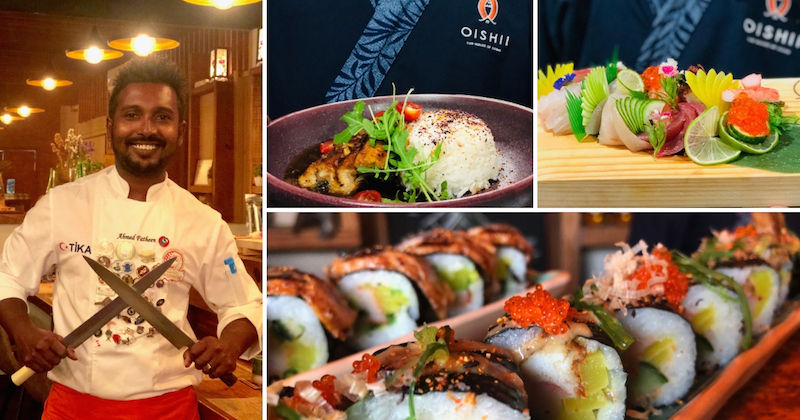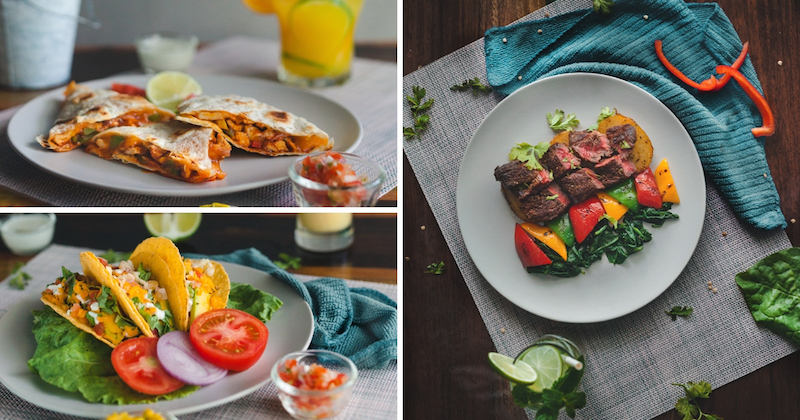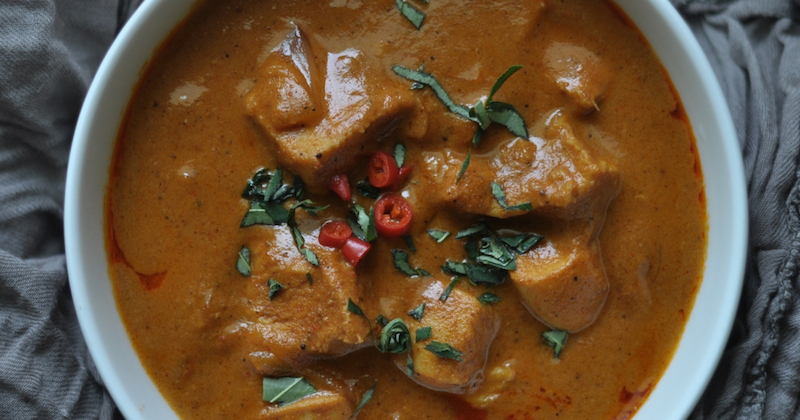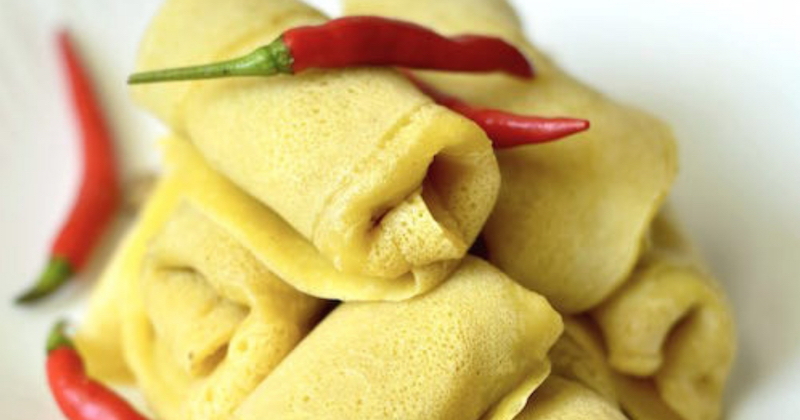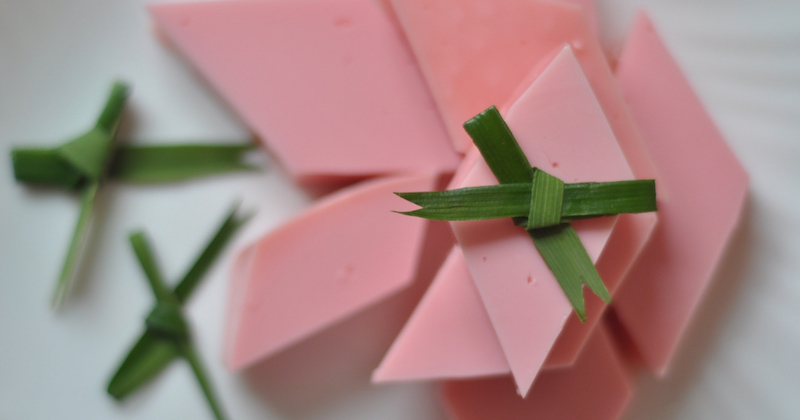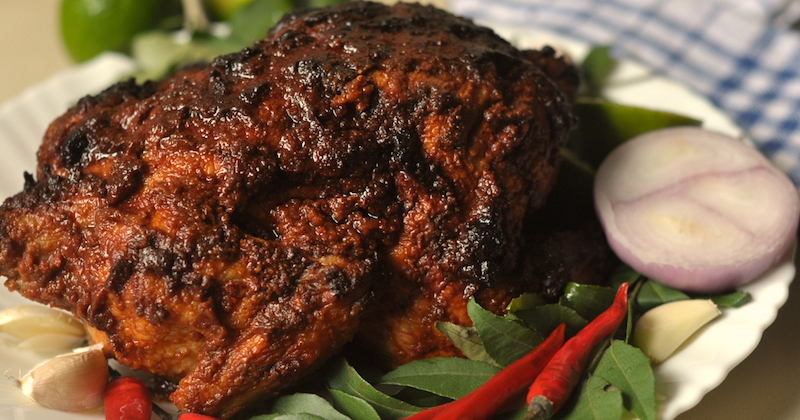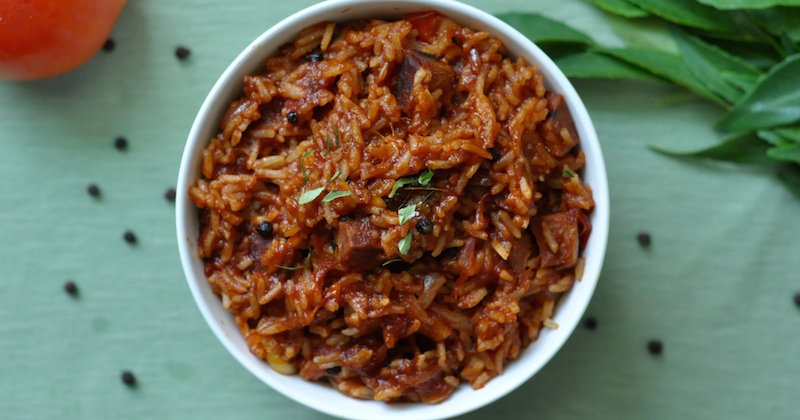Marvellous Moringa
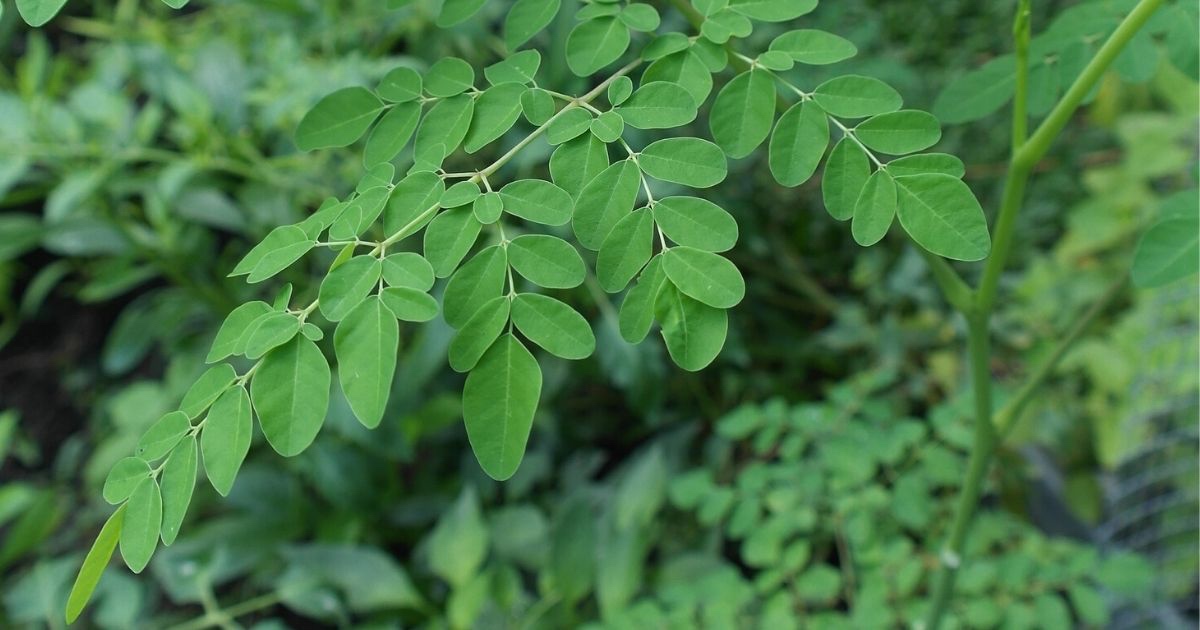
Moringa or the drumstick tree is a fast growing and drought resistant plant that’s native to South Asia. The binomial name of the plant is Moringa oleifera.
Many parts of the Moringa tree are edible including the leaves, the young seedpods also known as drumsticks, mature seeds, flowers and roots.
The drumsticks are usually cooked in curries or soups. Similar to how we make Murangatholhi Kirugarudhiya here in the Maldives, in India and Bangladesh too, the pods are cooked in coconut milk along with spices to make drumstick curry.
Also, while here in the Maldives we use the leaves to make omelettes, Rihaakuru Folhi and Murangafathu Riha, elsewhere in the world, the Moringa leaves are used in many other ways such as in soups, as garnish for vegetable dishes and also as a substitute for coriander.
Moringa leaves are also dried and powdered for long-term preservation. The powder is usually added to smoothies, soups and sauces. In Nigeria, Moringa seeds are prized for their flavour and eaten as a fried snack.
The leaves are the most nutritious part of the Moringa plant, containing vitamins B, C, K along with beta-carotene, manganese and protein. The drumsticks and seeds contain high amounts of vitamin C; the drumsticks are also good sources of fibre, magnesium, potassium and manganese.
The bark, sap, root, leaves seeds and flowers of the Moringa plant are used in traditional medicine. According to health website healthline, Moringa may help in reducing blood sugar and cholesterol levels. It also might have anti-oxidant and anti inflammatory properties.
The plant is said to help with nourishing skin and hair, treating stomach problems, making bones healthier, stabilising moods, eye health, anaemia and many more.
Other uses of the plant include water purification where a seed cake, a byproduct of Moringa oil production, is used to filter water. Moringa leaf powder is also effective as soap for hand washing when it’s wetted in advance to activate its anti-septic and detergent properties.
About Lonumedhu
Lonumedhu is about eating great food right here in the Maldives.
Our easy to follow recipes use locally available ingredients.
In our blog you will find food news, interviews with chefs and cooks, useful information about eating out and other foodie reads.
Contacts
© Lonumedhu.com 2017-2026. All rights reserved. No part of this website may be reproduced without the written permission of the publisher.
Advertisers
Lonumedhu.com has partnered with Qualia Pvt Ltd, a publishing & marketing agency, for its desktop and mobile advertising.
Advertising enquiries should be directed to (960) 987 4396 or marketing.sales@lonumedhu.com.

